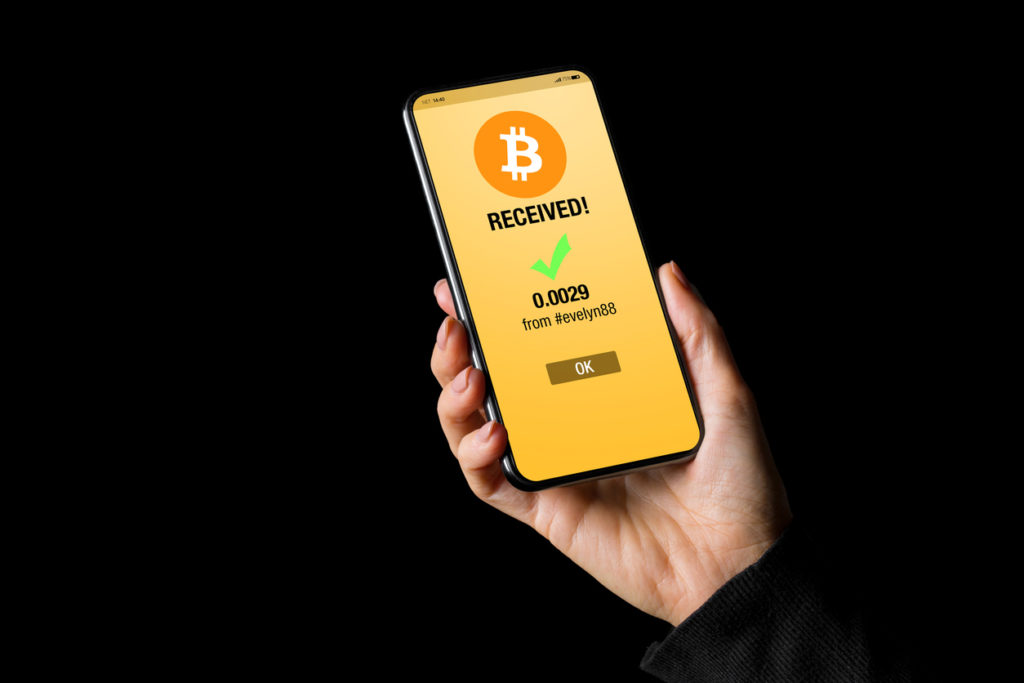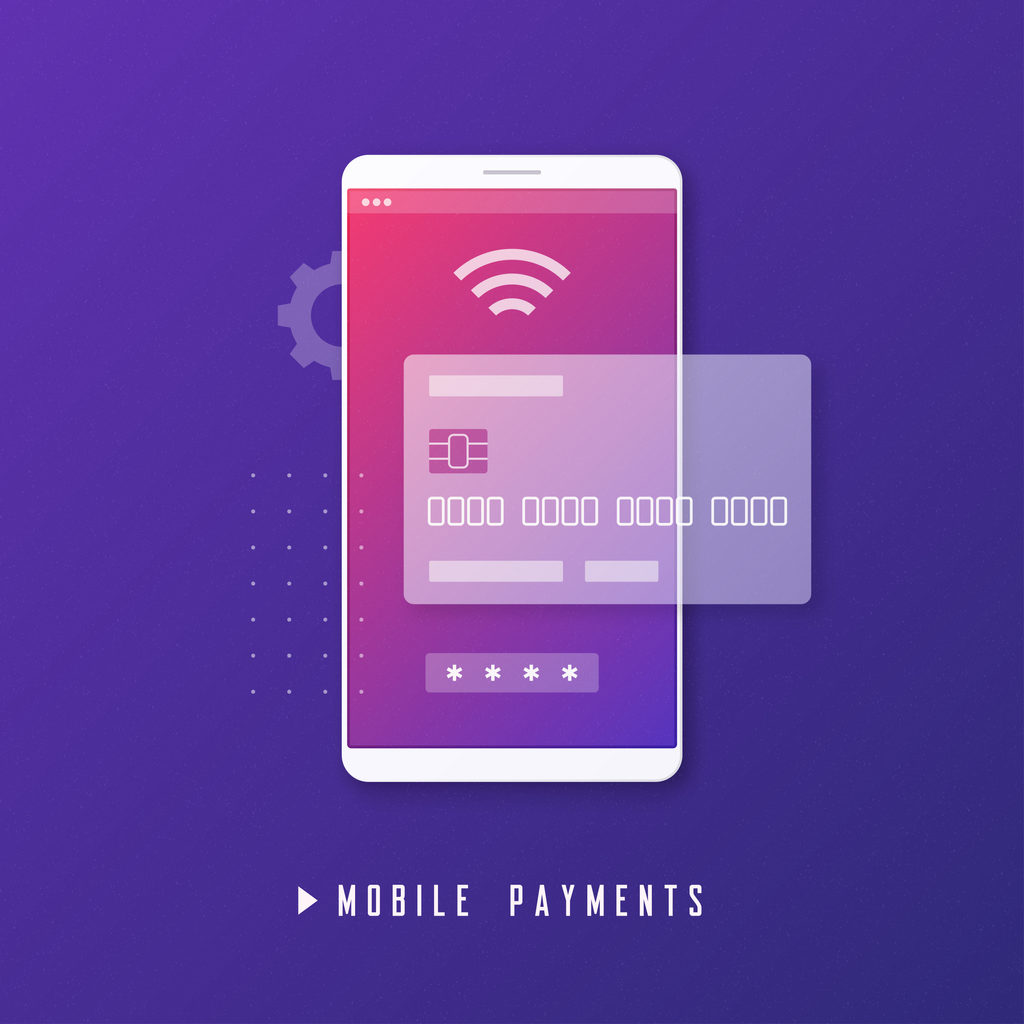New Federal Court Decision Counsels “Clear and Conspicuous” Advertisement of Alternative Means of Sweepstakes Entry – Coinbase Suit Proceeds
Most states require that companies offering sweepstakes allow entry without requiring purchase or other consideration. This alternate means of entry, or “AMOE,” avoids liability under gambling and lottery statutes by removing the “consideration” element in state gambling and lottery laws. A recent decision in California federal court has shed new light on how sweepstakes…
Read MoreLaw Firms Champing at the Bit(coin)
Cryptocurrencies, such as the industry leaders Bitcoin and Ethereum, appear to be on the slow march towards popular acceptance as legitimate means of payment. As evidence of both legitimacy and the sluggishness of acceptance, several Bar Associations have weighed in with opinions on the ability of lawyers to accept cryptocurrencies as payment for legal services.…
Read MoreFTC Tells Advertisers – Fake Reviews and Endorsements Are Going to Cost You
Does your company or its affiliate advertisers use celebrities or influencers to market your services? Do you use customer reviews to promote your offerings? The Federal Trade Commission (“FTC”), energized by new Chairperson Lina Khan, just sent out notices to over 700 companies – including many household names (https://www.ftc.gov/system/files/attachments/penalty-offenses-concerning-endorsements/list-recipients-endorsement-notice.pdf) warning them about using fake reviews…
Read MoreSupreme Court rules that FTC cannot seek disgorgement under Section 13(b) of the FTC Act
Last October, we reported on the Third Circuit Court of Appeals’ decision in Federal Trade Commission v. AbbVie, Inc., in which the appeals court overturned a trial court’s decision ordering $448 million in disgorgement pursuant to Section 13(b) of the Federal Trade Commission (“FTC”) Act against a group of businesses accused of trying to monopolize…
Read MorePlot thickens in FTC disgorgement debate, as $448 million award is reversed
As previously reported in this space, the Supreme Court is scheduled to hear argument in its upcoming term regarding whether the Federal Trade Commission was authorized to seek monetary relief such as disgorgement or restitution under Section 13(b) of the FTC Act. These cases do not just call into question the availability of a certain…
Read MoreSEC “Kiks” Another Goal In Ongoing Fight Against Cryptocurrencies
In the latest blow to businesses seeking to offer digital tokens or cryptocurrencies to consumers, the United States District Court for the Southern District of New York ruled on Wednesday that Kik Interactive Inc.’s offering of its Kin digital token violated Section 5 of the federal Securities Act, granting summary judgment to the Securities and…
Read MoreCivil or Criminal Liability: Charging A Payment Processing Case by Coin Toss?
In the eyes of federal investigators, when is a payment processor considered a benevolent alternative to traditional banks, and when is it viewed as a shady facilitator of all things criminal? In other words, is the client another Paypal or Venmo, or are we looking at a potential WireCard AG prosecution? We have noticed in…
Read MoreSchrems II Screams: CJEU Decision Puts Companies in Tailspin Over EU-US Data Transfers
The privacy world is abuzz about the European Court of Justice’s July 16, 2020 decision in Schrems II: Europe’s highest court invalidated the EU-US Privacy Shield framework. The Privacy Shield provides a streamlined mechanism to facilitate personal data transfers from Europe to the U.S. It was implemented in 2016 following the invalidation of an earlier…
Read MoreUpcoming Supreme Court cases could stop FTC from halting businesses and freezing assets via TROs
If it was not already apparent, the Supreme Court last week made it clear that it is taking a close look at the power of federal agencies to obtain monetary relief such as disgorgement or restitution through civil proceedings. Indeed, on June 22, the Court in Liu v. Securities and Exchange Commission held that although…
Read MoreFTC Settles with Gaming App for False Representations about Children’s Privacy
On July 6, 2020, the Federal Trade Commission announced a settlement with gaming app developer Miniclip S.A. The settlement addresses allegations that Miniclip falsely claimed membership in a Children’s Online Privacy Protection Act (COPPA) safe harbor program for the last several years. Miniclip boasts more than 1 billion downloads of its 45 “high-quality mobile games”…
Read More











